Foreign affairs
The most significant event of the last four years, one that the public, Parliament, government and media were all talking about, was the narrow approval by Swiss voters of the immigration initiative on 9 February 2014. This initiative represented a break in Switzerland’s relationship to the EU, as it called into question the bilateral path that had been approved several times by voters in initiatives. But there was more to it than that. The outcome of the voting also slowed down negotiations with the EU over an institutional framework agreement, the ratification of which will only be possible if a solution to the issue of the free movement of persons has been found. Had Swiss voters approved the Ecopop initiative that was up for a vote just a few months later, on 30 November 2014, this most likely would have signalled the end to the bilateral agreements. But the initiative was unexpectedly clearly rejected.
Supporters of the bilateral path will have only a short break, however, as the outcome of the negotiations with the EU is difficult to predict. The searched-for form of implementation that can be broadly accepted has proved elusive. And because Parliament, which is badly divided in the area of foreign affairs, is unlikely to find a solution for implementation, it will probably be up to the voters to break through this Gordian knot with another referendum.
Foreign affairs is currently so dominated by the implementation of the immigration initiative that other international issues have practically been forgotten. But these other issues are hardly insignificant. The FATCA agreement with the United States has meant the de facto suspension of banking secrecy with US clients. “Swallowing the toad”, as finance minister Eveline Widmer-Schlumpf called it, was finally approved by Parliament by a surprising large majority, although not without some misgivings. Three other tax disputes were also settled, as tax agreements with the UK and Austria were signed in 2012, and with Italy in 2015. A similar solution with Germany was rejected by the German Parliament.
Immigration and asylum policies
The immigration initiative is an issue that the SVP put forward. It has both a foreign policy and an immigration policy dimension, and because of this it is difficult to interpret the voters’ decision. Trying to limit immigration was not the only topic that the SVP took on. The first initiative to deal with the issue of foreigners in Switzerland came in 2010 – the SVP deportation initiative. The point of this initiative was not to limit immigration, but the automatic deportation of foreigners who were engaged in criminal activity. The SVP was unhappy with how this initiative was being implemented, so it submitted an enforcement initiative in 2012. This was a new event in Swiss politics. For the first time ever, a political party tried to impose its meaning on the constitutional text that voters had approved through another initiative. In light of the rising success with initiatives and the simultaneous international integration of Switzerland, the future will likely see more initiatives to enforce legislation.
When it comes to asylum policies it is currently the proverbial calm before the storm. The ongoing wars and revolutionary unrest in parts of Europe have led to a rapid increase in the numbers of refugees. This makes it crucial for there to be a pan-European coordination of asylum policies. And Europeans don’t want Switzerland to stand on the sidelines. But the debate will be fierce, as with almost no other issue are there such differences in the views between the right and left as there are over asylum policies. It is possible to make a forecast here: the asylum issue will most likely be one of the dominating themes of the upcoming legislative period and even of the coming election campaign.
Energy policies
The key event that shaped the energy debate during the last legislative period is actually a leftover from a prior period: shortly after the Fukushima catastrophe (and just before the 2011 elections) the Swiss Parliament decided on a gradual withdrawal from nuclear energy. The four female members of the Federal Council at the time were the proponents of this measure. But the government did not set a specific deadline for the withdrawal. A deadline would depend on the safety of the nuclear power plant, the government said at that time. It is uncertain whether there will ever be a deadline for withdrawal, however, as the energy strategy 2050 has run into criticism primarily from the right, but also from the left (see also party surveys on page14).
Social policies
Nobody would disagree that demographic changes are making adjustments necessary in both social policy and healthcare. And everyone would also agree that time is of the essence in both areas. The Swiss social security system (AHV) is facing a deficit of billions of francs in a few years, while healthcare costs are rising without interruption. The answers from the Federal Council to these challenges are “Retirement 2020” and “Healthcare 2020”. The retirement issue takes pride of place for Federal Councillor Alain Berset. Critics have pounced on his plan from all directions. Berset’s own party, the SP, has rejected his call to raise the retirement age for women to 65. The conservative parties and the business world believe that the financing is too focused on bringing in more revenue, especially through an increase in VAT. There remains quite a bit of work to do until a retirement reform package is ready that a majority will support. The Federal Council’s plans for reforming healthcare are under less pressure.
Defence and security
The planned upgrading of the Air Force was the main defence issue of the legislative period that is ending. The ageing Tiger planes were to be replaced by 22 fighter jets of the Swedish type Gripen. But before the Federal Council announced its decision in favour of the Gripen, internal documents were leaked to the public in which the Swedish fighter plane was given poor marks. The supporters of the Gripen were never able to recover from this setback. There was fierce debate in Parliament regarding procurement. And in contrast to earlier deals for defence and security, the line separating support and opposition did not run along the classic left-right divide, but also ran right through the conservative parties. In the eyes of the supporters of the Gripen, several missteps were made during the referendum campaign. The opponents won in the end and the Gripen was rejected. It was the first time that the Army had suffered a defeat at the polls.
Business
The Swiss public have been very busy with economic issues over the last four years. Business and economics were usually at the top of the list in surveys conducted about issues that concerned Swiss citizens, and economics is a much bigger issue than the public had perceived it to be in the past. This might seem to be a contradiction at first glance, as practically no other country has been able to overcome the various economic disruptions (euro, finance and banking crises) in such fine fashion as Switzerland. Nevertheless, many Swiss citizens apparently feel that the country cannot remain an island of prosperity forever. This basic concern may be one of the reasons why Parliament has approved programmes to cut spending. It might also explain why initiatives that business interests have said would damage the economy have been soundly rejected at the polls recently. The initiative to provide six weeks of vacation for everyone was clearly rejected, to the surprise of the rest of the world, as were the minimum wage initiative and the 1:12 initiative. One initiative stands out as an exception, however: the so-called initiative against abusive executive compensation. Even though economiesuisse spent five to eight million francs to oppose this referendum, the victory at the polls and for Thomas Minder, who was the main proponent of the initiative, was unexpectedly clear. The line-up of supporters for this initiative was quite unusual, however, as a left-leaning issue was backed by a businessman who tended to move in more conservative circles. In the final vote, both SP and SVP voters gave their backing to the initiative by a wide majority.
The Swiss National Bank sent shock waves through the country in January 2015 when it scrapped the floor on the minimum euro exchange rate that it had set four years earlier. It is still too early to know what the full impact of this decision will be. According to the media and political experts, one party has already benefited: the FDP. The FDP’s success in cantonal elections in 2015 is due to economic insecurity, analysts say. Voters are turning to those parties that are perceived to have a high level of economic and business competence.
Land use planning and transport policies
Over the past years a concept has been making the rounds that biologists are familiar with, but not the general public. That concept is “density stress”. The term was used in connection with various political demands. For example, in the voting on the Ecopop and immigration initiatives, it was a central topic of discussion, and it also played a role in the initiative on second homes. Without getting into a discussion of whether this term is suitable to the Swiss situation, it should be pointed out that the population of Switzerland passed the eight million mark in 2012.
Against this backdrop, it is understandable that questions of land use planning and transport policies are becoming increasingly important, which is also reflected in the way that Swiss citizens are voting. Both the land use initiative and the second home referendum were approved, the latter result being far more of a surprise. In addition, an initiative to establish a new financing mechanism for rail infrastructure was passed comfortably by Swiss voters. In contrast, a conflict has developed between car owners and those who prefer not to own a car. The price increase for the motorway toll stickers was rejected by voters, and the decision regarding the so-called “milk cow” initiative has not yet been made. There was also a first look at a major long-term project in the current legislative period: the second Gotthard tunnel. A decision on the second tunnel will take place in 2016, and it looks like the debate will be emotional.
Political culture
A review of the action in Parliament over the last four years shows that issues such as culture, energy, research and education and land use planning are trending left, while policies on foreigners, Europe and business are trending right. It is interesting to note that the SVP tends to be more frequently the loser in the final votes than it used to be. Apparently, the SVP is sticking to its uncompromising position until the end, in contrast to earlier legislative periods. In addition, a high number of government proposals were rejected in Parliament, at least in the first half of the 49th legislative period. But it’s not only Parliament that has been rejecting government recommendations. Swiss voters are following these recommendations less than they used to. This holds true for both referendums and initiatives. Four initiatives were accepted in the current legislative period. Never before have so many been accepted.
But it is becoming more difficult to implement the initiatives that voters have approved. The government and Parliament are often faced with the dilemma that, if implemented, either international agreements will be violated or the intent of the initiative will be violated. The latter case occurs more often. The government and Parliament then have to deal with the discontent of the persons who proposed the initiative and the supporters of it. The upshot is that voting is becoming more and more token.
Thomas Milic, 44, studied political science, history and journalism at the University of Zurich. He received his Ph.D. in 2005 on the topic of “Ideology and Voting Behaviour”. Until 2014 he was a senior lecturer at the Institute for Political Science and lecturer at the universities of Zurich, Bern and Lucerne. He currently works at the Center for Democracy and is also the head of the voting and elections section in the sotomo research group. He also works as a lecturer at the University of Zurich.
Link to a further article "An outside perspective on Switzerland"
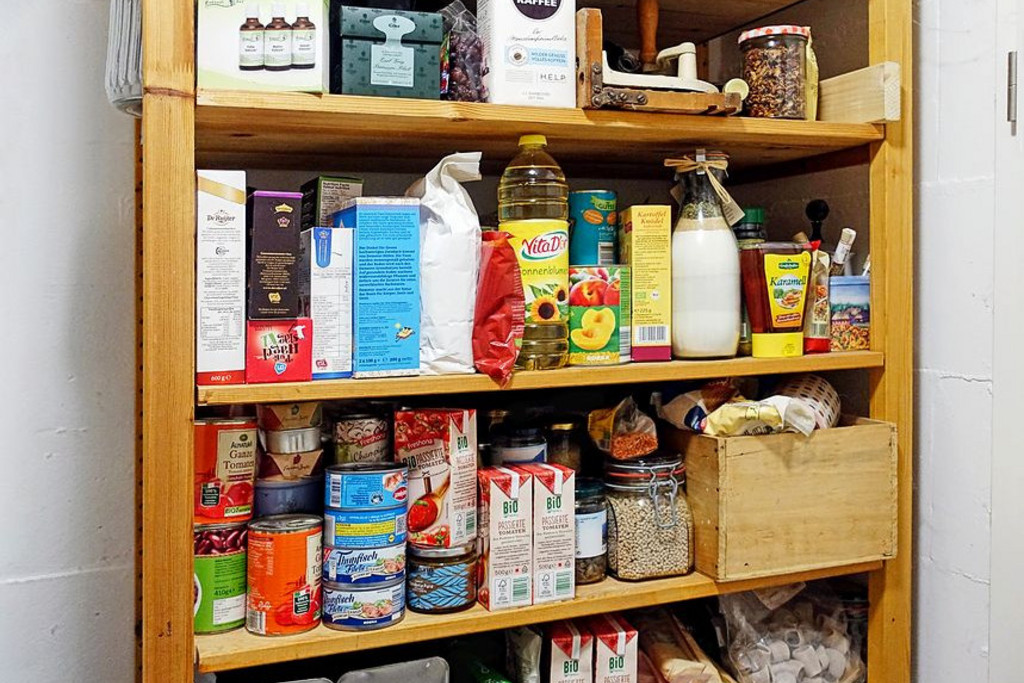
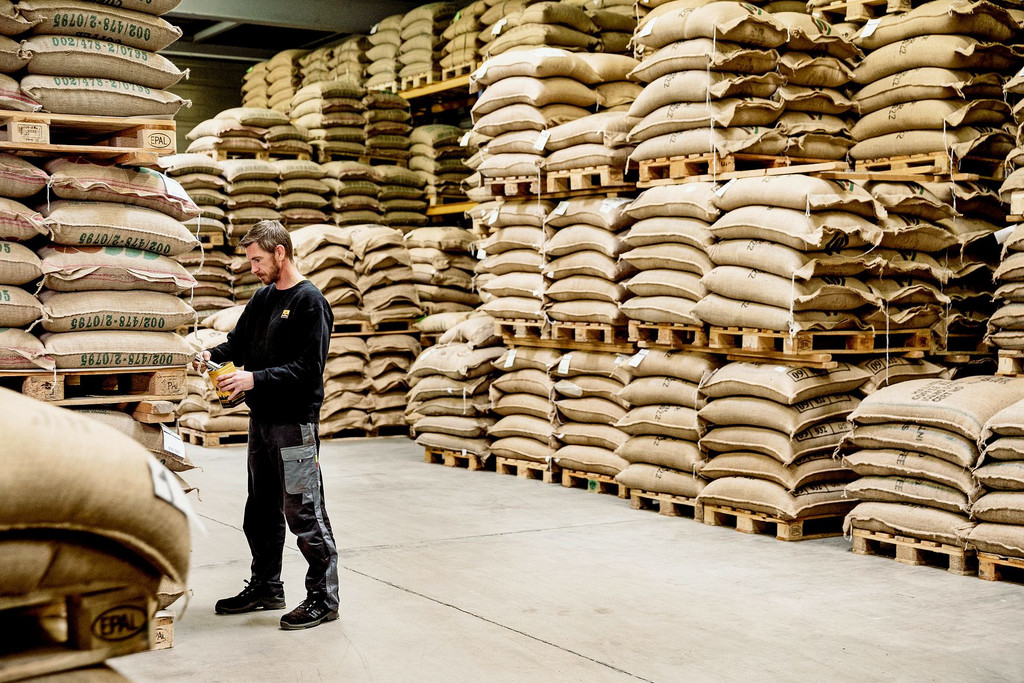
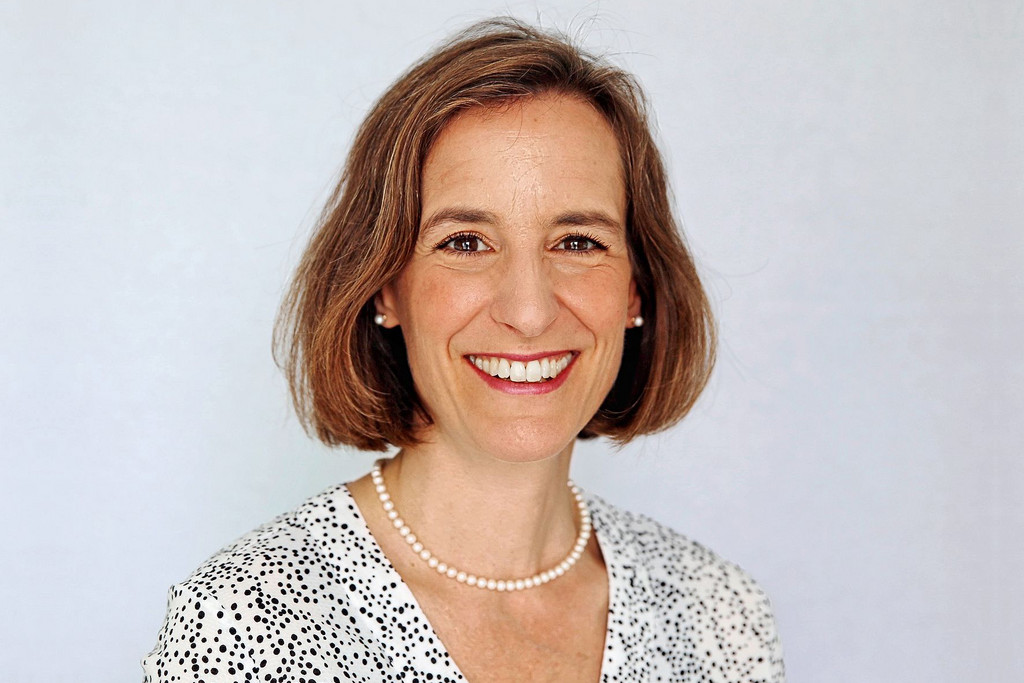


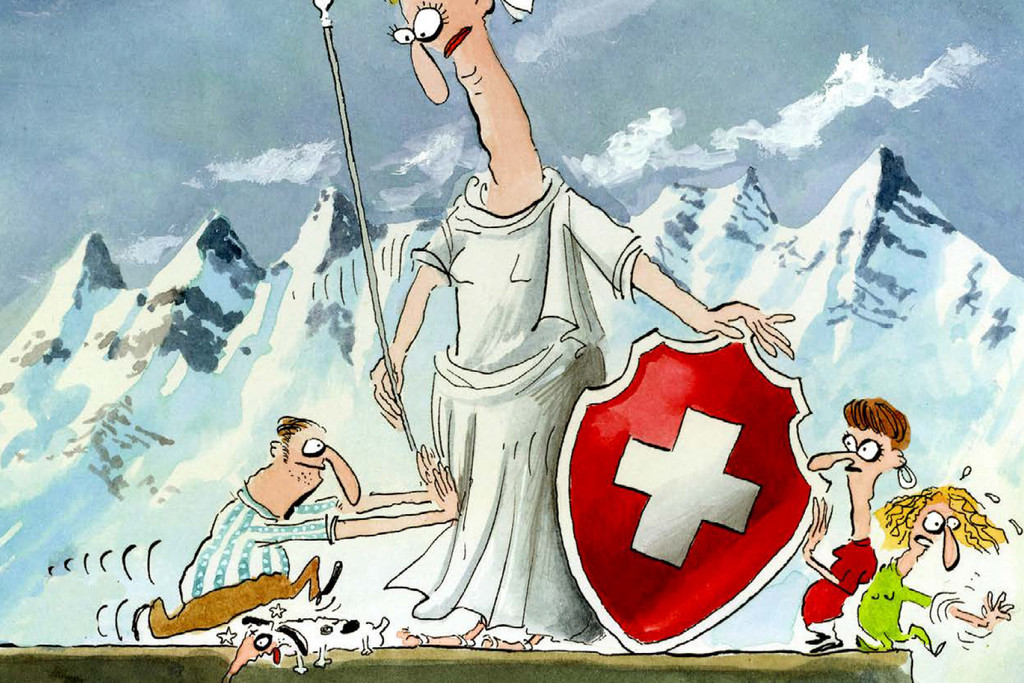
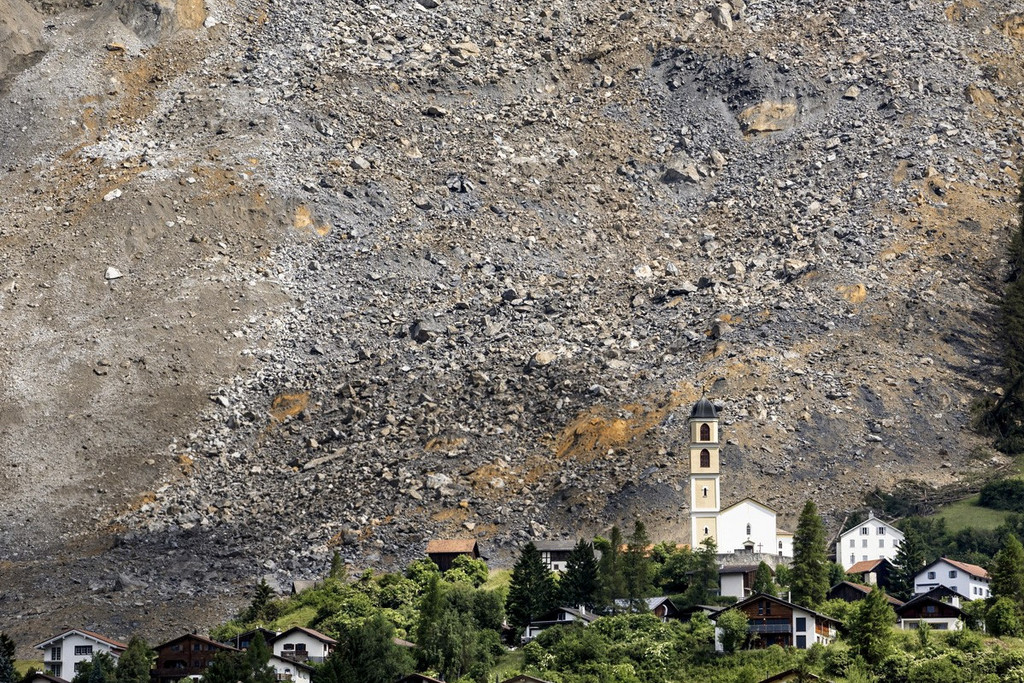




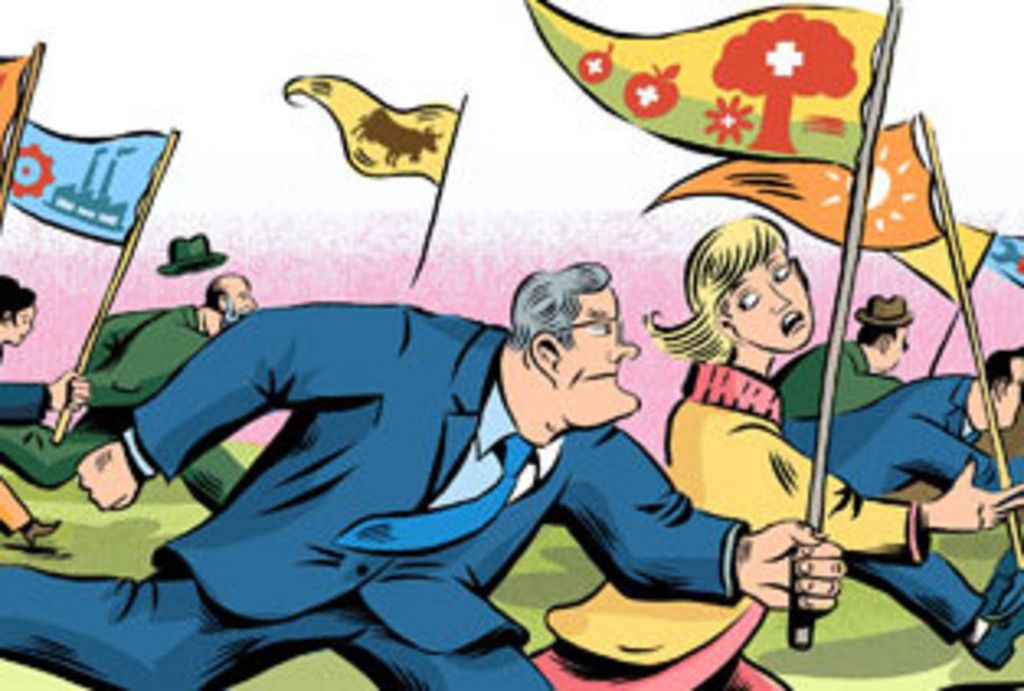
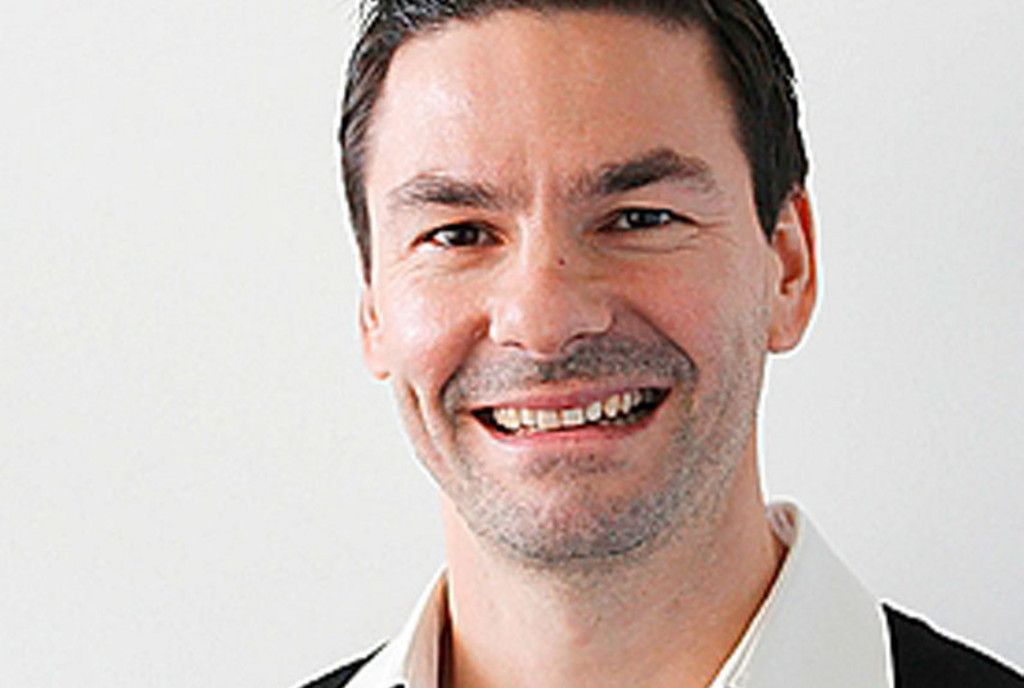
Comments